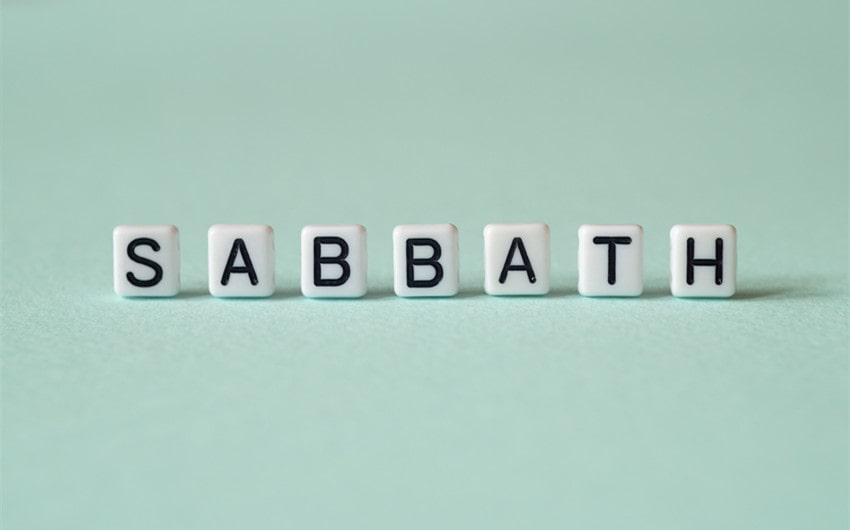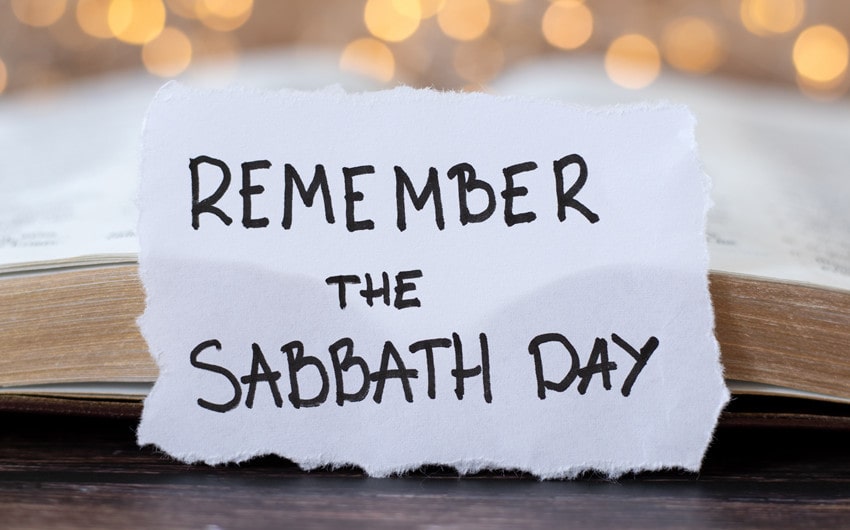Happy Sabbath: A Day of Peace, Rest, and Connection
The Sabbath is more than just a day off—it’s a chance to pause, reconnect, and recharge in the middle of life’s busyness. Whether you spend it with loved ones, in worship, or simply savoring some quiet time, this day is about finding peace and joy in rest. Embracing simple traditions and moments of gratitude can make it a meaningful highlight of your week.
Saying “Happy Sabbath” is a warm way to share this spirit of renewal and positivity with others, spreading a little extra kindness on this special day of rest.
The Meaning of the Sabbath
The Sabbath holds deep roots in religious and cultural traditions, often symbolizing a sacred time for rest and worship. In the Bible, the Sabbath is introduced as the seventh day of creation when God rested, setting a divine example for humanity. For many, it’s a day to pause and honor spiritual commitments, reflecting on the blessings in life.
Different faiths observe the Sabbath in unique ways. In Judaism, Shabbat begins at sunset on Friday and focuses on prayer, family, and rest. For Christians, Sunday is often seen as the Lord’s Day, marked by church services and moments of gratitude.
At its core, the Sabbath is about finding balance in a hectic world. It’s a reminder to step away from daily pressures, embrace spiritual renewal, and prioritize relationships—with God, family, and oneself. This timeless practice continues to inspire people to seek peace and purpose every week.
How to Celebrate a Joyful Sabbath
– Attend Worship Services or Engage in Spiritual Reflection
A key part of celebrating the Sabbath is dedicating time to spiritual growth. Attending a worship service, whether in a church, synagogue, or another place of faith, allows you to connect with your beliefs and community. If you prefer solitude, spend time in prayer, meditation, or reading scripture to deepen your faith and reflect on the week. These moments of spiritual focus can provide clarity, peace, and a renewed sense of purpose.
– Spend Quality Time with Family and Loved Ones
The Sabbath is an ideal time to reconnect with the people who matter most. Share a meal, play games, or simply have meaningful conversations without the usual distractions. This uninterrupted time helps strengthen bonds and create cherished memories. For those observing traditional Sabbath customs, family rituals like lighting candles or reciting blessings can add a special touch to the day, emphasizing togetherness and gratitude.
– Embrace Rest and Relaxation
One of the central themes of the Sabbath is rest. Step away from work, chores, and the busyness of life to focus on recharging your body and mind. Take a nap, enjoy a walk in nature, or indulge in a hobby that brings you joy. By allowing yourself time to unwind, you honor the Sabbath’s intent as a day of restoration, leaving you refreshed and ready for the week ahead.
– Prepare Special Meals
Food often plays a big role in celebrating the Sabbath. Preparing and sharing a special meal can make the day feel festive and comforting. In many traditions, dishes are prepared in advance to avoid cooking during the Sabbath, allowing more time for rest. Whether it’s a family recipe or a new dish, enjoying delicious food together adds warmth and joy to the day.
– Engage in Acts of Kindness
Make your Sabbath more meaningful by extending kindness to others. Volunteer at a local charity, visit someone in need, or simply call a friend to brighten their day. Acts of compassion not only make a positive impact but also align with the Sabbath’s spirit of connection and care. Small gestures of kindness can make the day feel truly special.
Creative Ways to Wish “Happy Sabbath”
– Send Personalized Messages
A thoughtful message can make someone’s Sabbath extra special. Instead of a simple “Happy Sabbath,” personalize your wish by mentioning something specific about their week or your relationship. For example, “Wishing you a peaceful Sabbath filled with rest and joy after a busy week!” Acknowledging their unique experiences shows you care and adds a personal touch.
– Share a Heartfelt E-Card or Graphic
Digital greetings are a creative way to spread Sabbath cheer. You can design a custom e-card with meaningful images like candles, sunsets, or scripture verses. Alternatively, share a beautifully crafted “Happy Sabbath” graphic on social media or send it via text. This visual gesture can brighten someone’s day and inspire them to embrace the restful spirit of the Sabbath.
– Create a Voice or Video Message
Take your wishes to the next level by recording a short voice or video message. Hearing your voice or seeing your face can make the greeting feel more personal and warm. You could share a favorite memory, an encouraging message, or simply wish them a “Happy Sabbath” with a smile. It’s a simple yet meaningful way to connect, especially with loved ones far away.
– Incorporate Gifts or Acts of Kindness
Combine your “Happy Sabbath” greeting with a small token of appreciation. Drop off a baked treat, a flower bouquet, or a handwritten note. If you’re not able to meet in person, consider sending a digital gift card or arranging for a delivery of something they’d enjoy. Pairing your greeting with a kind gesture can make their Sabbath even more joyful.
– Use Sabbath-Themed Quotes or Blessings
Incorporate meaningful quotes, blessings, or scripture in your greeting to make it even more special. For instance, you could say, “May this Sabbath bring you peace and rest, as promised in Exodus 20:8-10.” Sharing words that resonate spiritually can deepen the significance of your wish and offer inspiration for their day of rest.
Frequently Asked Questions About the Sabbath
Can non-religious individuals observe the Sabbath?
Absolutely! While the Sabbath has deep religious roots, its principles of rest and renewal can benefit everyone, regardless of faith. Many non-religious individuals set aside a day to step away from work, focus on personal growth, and spend time with loved ones. The idea of dedicating time to recharge mentally and physically is universal and doesn’t require specific rituals to be meaningful.
Why is the Sabbath observed on different days?
The day of Sabbath observance varies among traditions due to historical and theological differences. In Judaism, the Sabbath begins at sunset on Friday and ends at sunset on Saturday, reflecting the biblical creation story. Most Christians observe Sunday as the Lord’s Day, honoring the resurrection of Jesus. Some groups, like Seventh-day Adventists, also keep Saturday as the Sabbath. The key is not the specific day but the intention to dedicate time to rest and spiritual reflection.
What are some ways to avoid working on the Sabbath?
Planning ahead is essential for avoiding work on the Sabbath. Prepare meals, finish errands, and address urgent tasks before your Sabbath begins. If possible, set boundaries with colleagues and communicate that you’re unavailable. For those in jobs where taking a full day off isn’t feasible, even carving out a few hours for intentional rest and mindfulness can honor the spirit of the Sabbath.
How does observing the Sabbath benefit your well-being?
Taking a break from the hustle of daily life can have profound physical, mental, and emotional benefits. The Sabbath allows you to slow down, reconnect with your values, and reduce stress. Many people find that setting aside time for reflection, family, and relaxation helps them feel more balanced and ready to face the challenges of the week ahead.
Can you still enjoy recreational activities on the Sabbath?
This depends on personal beliefs and traditions. In some religious practices, the Sabbath is reserved for worship and rest, avoiding recreational activities. However, others view recreation, such as spending time in nature, reading, or enjoying hobbies, as a way to recharge and honor the day. The key is to engage in activities that promote peace, joy, and a sense of renewal.
Do all faiths recognize the Sabbath?
Not all faiths observe the Sabbath, but many have similar practices or principles. For example, Muslims observe Jummah (Friday prayers) as a special day of worship, while some Eastern religions emphasize meditation and mindfulness. While the Sabbath may not be universal, its essence—setting aside time for rest and reflection—is a practice valued across cultures and beliefs.








